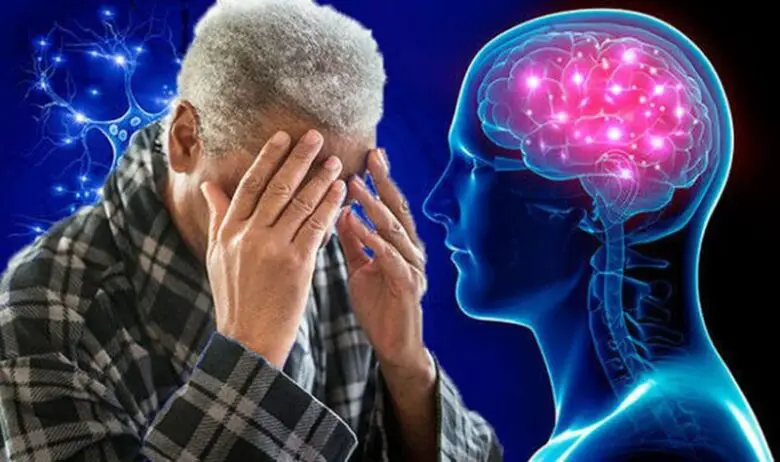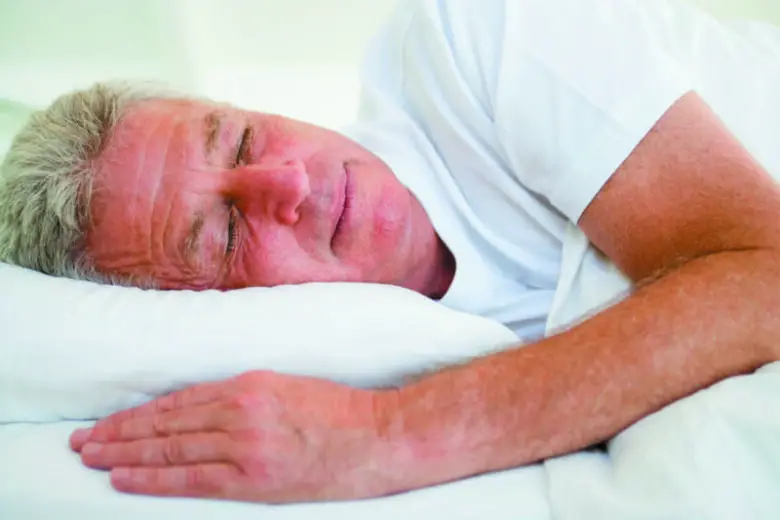Best Ways to Prevent Dementia as You Age

Dementia isn’t a specific disease. It’s an umbrella term that covers a long list of symptoms, including memory loss, confusion, and dramatic changes in personality. Over time, the symptoms worsen, leaving a person with very little control of their mental faculties.
If you’re concerned about receiving this diagnosis in your retirement years, you should read these tips about preventing dementia. And if you have already received a diagnosis, these tips will help you slow the progression and maintain your independence.

Be Social
Humans are social creatures. An absence of human interaction will speed up cognitive decline, raising your chances of developing dementia and mental illnesses like depression and anxiety. So, how can you fix this?
Move into a Community:
One obstacle that can increase loneliness with seniors is living alone. Their adult children have left the nest and have their own homes. They’re retired, so they don’t have a workplace to go to. Maybe they’re single, recently divorced, or widowed. If they’re not forcing themselves to go out to visit friends or join group activities, they’re going to feel cut off from the world.
A solution to living in isolation is to move into a new community. Look at the homes at Allseniorscare.com to see examples of retirement homes that encourage their residents to be social on a daily basis. Their buildings have communal areas designed to get residents to get to know each other better and forge stronger bonds. Residents can find company while they’re eating in the dining room, relaxing in the lounge, or strolling in the garden. The elderly care homes also have schedules packed with different activities, classes, and events to join.
You could have an independent suite all to yourself, but you’ll never feel isolated. The moment that you step outside of it, you’ll be a social butterfly.
Get a Pet:
If your suite still feels a little empty, you should think about getting a pet. A well-behaved cat or dog would be excellent company while you’re at home. They can make you feel loved, needed, and more relaxed. And they’re a great excuse to bond with other pet-owners.
Sign Up for Activities:
Your social calendar is wide open, so you need to try your best to fill it. If you’re nervous about making new connections, start slow by joining a single class or attending a workshop. Then, push yourself to add one more thing every week.
Or, you could dive into the deep end and sign up for everything that could possibly interest you, like cooking lessons, craft workshops, gardening clubs, yoga classes, and walking groups. Whatever suits you best.
In times of social distancing and isolation, joining in on activities can be quite challenging. But you can use technology to achieve these goals. Sign up for online classes like free university courses, dance lessons, or yoga classes. Call up a friend and catch up for an hour on the phone. Set up a virtual coffee date with a relative. As long as you’re interacting with people frequently, you can boost your cognition and keep your mental faculties in top shape.
Get Better Sleep

Sleep quality will always have a strong effect on your mental faculties. Even after a single night of poor sleep, you can experience forgetfulness, confusion, and sudden changes in mood. Imagine what long-term sleep deprivation can do to your cognition. It’s no surprise that researchers have found a link between poor sleep and dementia and Alzheimer’s disease (a specific condition under the umbrella of dementia).
If you’re having trouble getting quality rest, what can you do?
Get Rid of Disruptions:
You could be hurting your sleep quality without realizing it. The blue light from smartphone and computer screens tricks your body into thinking it’s still daytime, forcing it to produce less melatonin and keeping you wide awake late into the night. Reduce your screen-time before bed, giving yourself at least two hours to adjust.
Here are some other common things that will disrupt your sleep:
- Do not drink caffeinated drinks past the early afternoon.
- A nightcap may make it easier for you to fall asleep, but it will hurt your sleep quality. You’re also more likely to snore and wake up in the middle of the night after drinking.
- It’s difficult to fall asleep when your bedroom is too hot. Turn down the temperature so that it’s cool and comfortable.
Resolve Sleep Disorders:
If you’re still having trouble getting your essential eight hours of sleep every night, you should talk to a doctor. You may be living with a disorder like sleep apnea. Sleep apnea disturbs the circadian rhythm and stops you from reaching a state of deep sleep, so you are never fully rested when you wake up. Addressing the root cause of your poor sleep could be life-altering.
Exercise

A sedentary, inactive lifestyle will increase your chances of cognitive issues, including dementia. On the other hand, routine physical exercise is known for improving cognitive function. It achieves this by easing stress, improving sleep quality, and stimulating growth factors in the brain. Because of that, everyone can consider using sleeping supplements, such as MidNite.
A study on physical activity and dementia tracked 800 women over the course of 44 years to see if staying active could impact someone’s chances of a dementia diagnosis. It concluded that participants that were physically active were 53% less likely to develop vascular dementia and 56% less likely to develop mixed dementia. In total, participating in routine exercise decreased their risk of any dementia diagnosis by 34%.
You don’t have to get a physical trainer to improve your chances. All you have to do is try to get at least twenty to thirty minutes of exercise every day. You could do low-intensity workouts like yoga, Tai Chi, or riding your bike. Even chores like gardening and walking your dog will count towards your goal. Check out more fun activities you can do with your dog on DoggieDesigner.
There’s no way to confirm that you will never receive a diagnosis of dementia. At the very least, you can lower your chances of developing it and do your best to keep your mind and body sharp as you age.

